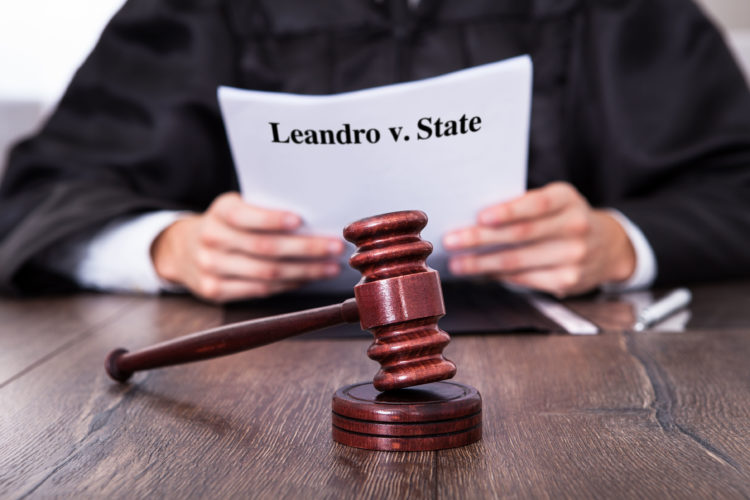The John Locke Foundation continued its coverage of the recently released WestEd report this week with a research brief co-written by JLF’s Senior Fellow, Joe Coletti, and JLF’s Director of Education Studies, Dr. Terry Stoops. The brief explains:
The consultants recommend spending $8 billion over eight years and up to $2 billion per year thereafter early childhood programs and K-12 education initiatives, sums that rival Medicaid expansion in size, though with no federal match. These would be paid almost entirely by state and local taxes.
However, the recommendations in the report are not binding, and a court order has yet to be issued. Even if the court adopts the recommendations, the brief explains, the General Assembly remains the body with the constitutional authority to tax and disperse funds:
Jeanette Doran of the North Carolina Institute for Constitutional Law questions the legitimacy of such intervention here. “The North Carolina Constitution sets out a specific, multi-step budget process,” Doran concluded, “and the courts have no part in that process.”
However, there is precedent in this country for courts to overstep their boundaries and dictate budgetary line items to legislatures:
Kansas’ Supreme Court ruled in June that education funding in that state was finally adequate after a ten-year struggle between the legislature and the courts, during which time annual spending on education had climbed by $1 billion per year. The higher spending, among other factors, helped doom tax cuts enacted in 2012 and made Kansas a byword for bad fiscal policy. Somehow, a final $90 million increase won the court’s blessing there.
Coletti and Stoops explain:
As of Thursday morning, the Republican leadership of the General Assembly has yet to comment on the WestEd report. In fact, Republicans have been uninterested in the evolution of the Leandro case since Judge Lee was tasked to take over oversight of the case from Judge Howard Manning in 2016. Perhaps they believe that, like Judge Manning, Judge Lee will be careful to respect the separation of powers between the judicial and legislative branches. But there is no indication that Judge Lee will follow Manning’s path either in style or substance. We may be headed into new territory.
Read the full brief here. Read more about the report and its recommendations here.


